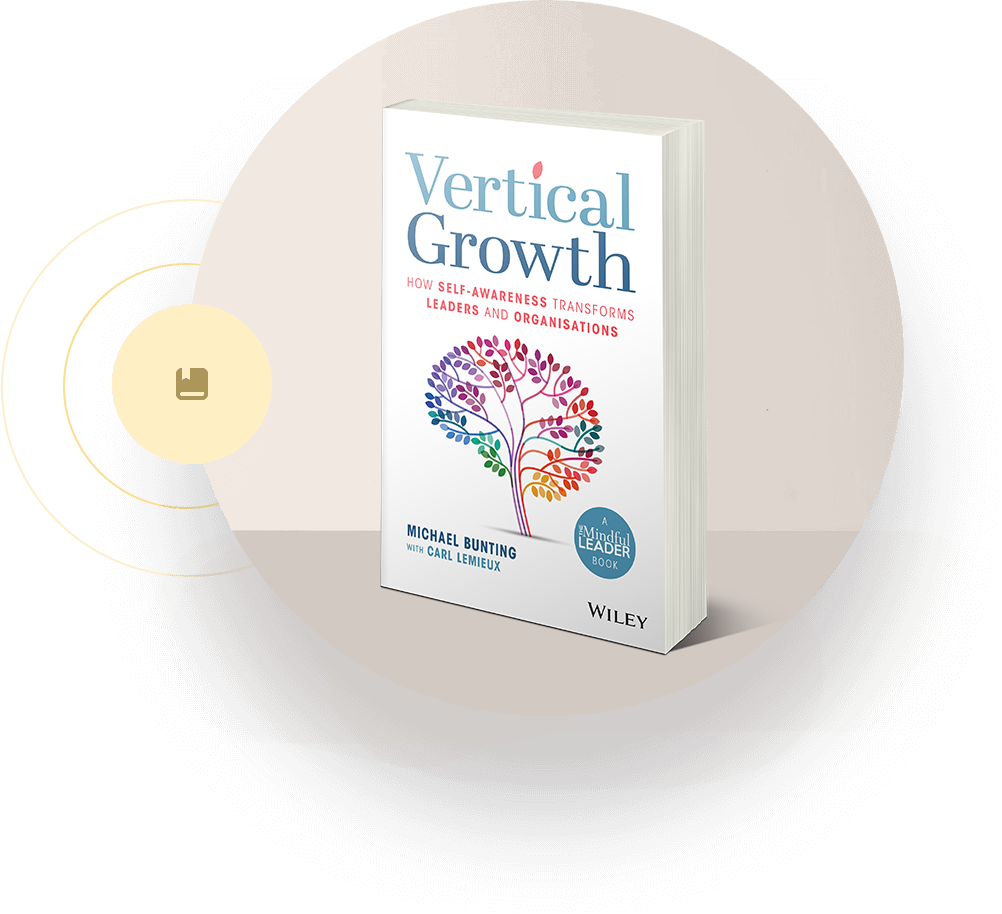Great leaders increase employee engagement by bringing out the very best in others. One of the most important ways they do this is through the practice of “Encouraging the Heart.”
This practice encourages leaders to recognise contributions by showing appreciation for individual excellence, and celebrate values and victories by creating a spirit of community.
Clearly, appreciation is crucial to employee engagement. To be truly effective, encouraging the heart through praise and recognition must really come from the heart. It must be authentic.
People can smell inauthenticity a mile away. If a leader praises people mechanically, from the standpoint of a management technique or requisite checklist item, people won’t internalise it or derive any satisfaction from it.
In fact, they’ll begin distrusting their manager, if only subconsciously, and the praise will backfire.
A high-level government executive once shared with me how self-awareness has influenced her recognition for others. She said,
“I’ve often felt I was quite good at saying the right thing, so acknowledging people’s contributions with words has come fairly easy for me. But what I’ve noticed with self-awareness is that my appreciation for others has become much more compassionate and authentic. It’s not just about finding the right words — it’s a genuine, heartfelt caring for people.”
An important part of encouraging the heart is lovingkindness, or a strong wish for the welfare and happiness of others, an altruistic love and friendliness.
Self-awareness teacher Steven Smith explained its importance to me this way:
“True lovingkindness is connection. Within that is healing. It is seeing and loving the entirety of another being, without picking and choosing which parts of him or her that you see and without any judgment, and feeling the essence, the core of the other just as they are. And that person knows it. They feel that they’re being looked at and accepted by you, even if they feel shame in themselves.
“The more present you are, the more caring you are and the greater effect you have on people. The best mentor is someone who cares for someone and helps them feel a better person.”
Love, Self-awareness, and Gratitude
The more love we give, the more we generate and the more we receive. Love truly is the source of our greatest strength, the quality that elicits the best and purest in us, that fortifies us against all hatred, negativity and challenges.
It’s also a quality that enables us to elicit the best in others and boost employee engagement because it allows us to see the best in them – it’s the thing that opens our eyes to gratitude.
It improves our skills as a mentor more than any other factor because it gives us a heartfelt presence that becomes a real force for uplifting others and increasing employee engagement.
A colleague of mine, an international director of a large wireless corporation, has had plenty of opportunities to practise this in his role. Over the years he has found that more and more people come to him for mentoring and advice. Self-awareness, he says, has been key to allowing him to help people work through their challenges and issues.
He explained,
“So much of it comes down to deeply listening to people with compassion and love and without judgement. Listening in and of itself is one of the most powerful things we can do to uplift others and make them feel important, because it’s so rare that people really listen to us. So first and foremost, I give people my full, undivided attention. If I’m busy, I collect myself and take a deep breath to put myself into a space to listen.”
For leaders, gratitude is a catalyst for recognition and employee engagement. It makes us constantly look for the good in people and feeds our desire to share our gratitude for a job well done. It is a light we carry with us that people are drawn to because they feel good about themselves when they are around us.
It could be said that gratitude, appreciation, recognition and encouragement are the oil that grease the wheels of organisations. They increase trust, foster cooperation, and boosts employee engagement.
Simply put, we feel better about ourselves, we perform better, and we enjoy working more with people who encourage us and recognise our contributions.








